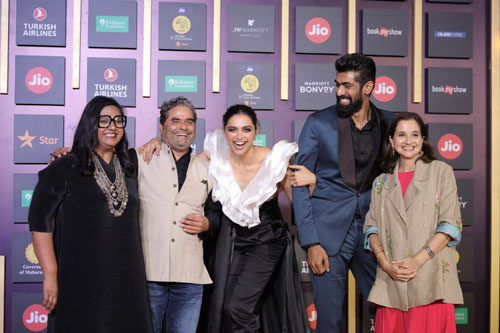
I feel even when cinemas open up, we will retain the online model in addition to it because the reach that it gives us is staggering.” – Smriti kiran
El Festival de Cine de Mumbai está organizado por la Academia de Imagen en Movimiento de Mumbai (Mami) que fue fundada en 1997 para dar al público lo mejor del cine mundial e indio. The Festival and the Indian Film Industry were significantly hit not only by COVID19 but additionally by Cyclone Amphan. “Everything has come to a grinding halt in India,” says Smriti Kiran, Artistic Director of the Festival. “We are in the midst of the biggest humanitarian crisis the country has witnessed.” As India works to find the best ways to move forward and get back to some kind of “normal,” Kiran says the only good thing to come out of the pandemic is that it has brought everyone together. “I hope we are moving towards a kinder, more humane tomorrow.”
La Búsqueda Global para la Educación is pleased to welcome Smriti Kiran.
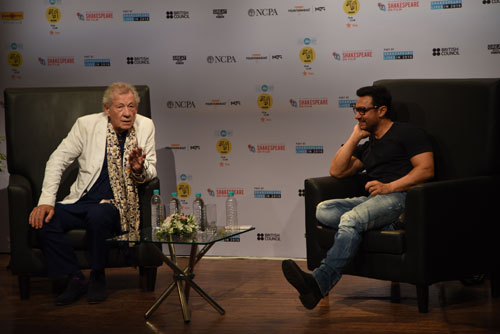
“The challenge and responsibility for us always is to consistently push the different film cultures that co-exist in India and bring to the surface new and exciting voices.” – Smriti kiran
Smriti, do you think the Mumbai Festival will change or be re-imagined after the pandemic? Would you consider a virtual Festival for next year?
Apart from the annual festival, we also curate and run a robust year round programme. The first step we took during the pandemic was to take the year round programme online by premiering films out of our atelier on our home theatre. These are great films – they have played at the festival but do not have a home on a streaming platform as yet. This has not only given our members around the country an opportunity to watch these brilliant films, it has also renewed interest in these titles so they have begun to get offers from platforms. This is very important for independent filmmakers. We have also taken online our knowledge series, Dial M For Films, that I have curated. We plan to keep doing whatever we can that creates value online till we can actually get back to doing versions of it on ground. But I feel even when cinemas open up, we will retain the online model in addition to it because the reach that it gives us is staggering. As far as the festival is concerned, we are waiting and watching. I feel a festival is inherently an in-person-on-ground-touch-and-feel experience that cannot be created in its full glory online, but we are not ruling anything out. It is too early for us to take any definitive calls.
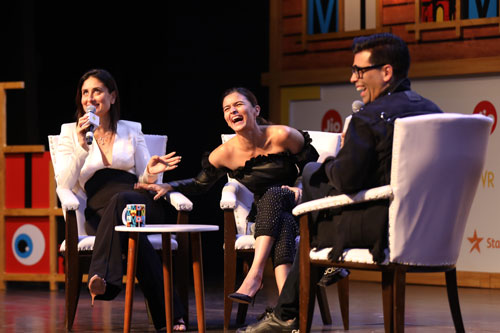
“We all need to have a strong online extension of our programme, a stronger bond with other festivals across the world and a deeper dive into the local film cultures for both talent and films.” – Smriti kiran
You are participating in the We Are One Global Film Festival. Can you speak about the selection of films you have curated for the Festival?
Eeeb Allay Ooo!, Natkhat, Nasir, and Awake represent urgent, relevant and diverse aspects of India and the world. The apathy towards the migrant workers, the mindless devastation of communal violence, deep-rooted patriarchy, ideas for love and possession will find resonance across continents. The challenge and responsibility for us always is to consistently push the different film cultures that co-exist in India and bring to the surface new and exciting voices.
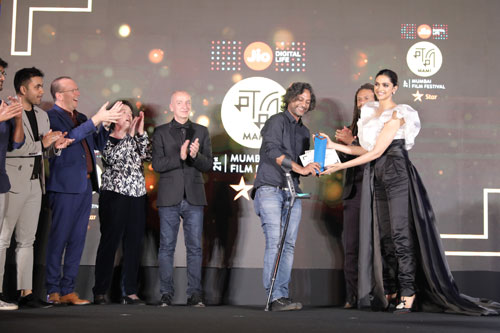
“We will have to hone and sharpen our creating opportunities skills: tutoría, discovering, knowledge sharing, film education, co-productions, distribution, etc. " – Smriti kiran
During this pandemic, we have seen the power that technology has to connect those who have access. Any predictions on how this will impact filmmakers and film festivals for the next 5 años?
Nobody can afford to be technologically challenged anymore. Tech has been and continues to be our saviour right now. I cannot make sweeping predictions but I can say that India will definitely become a more DIY culture. I hope festivals across the world including ours take it easy when it comes to premiere statuses. We all need to have a strong online extension of our programme, a stronger bond with other festivals across the world and a deeper dive into the local film cultures for both talent and films. The bricks and mortar nature of festivals won’t change, as it shouldn’t. That is what is cherished about these spaces. But we will have to hone and sharpen our creating opportunities skills: tutoría, discovering, knowledge sharing, film education, co-productions, distribution, etc.
Para obtener más información sobre Jio MAMI Mumbai Film Festival.
All photographs are courtesy of Jio MAMI Mumbai Film Festival.
The Full Schedule for the Somos uno: Un festival de cine global is available Aquí.
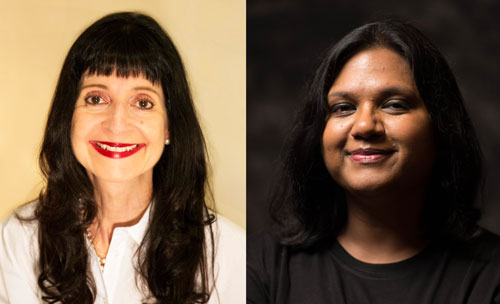
C.M. Rubin and Smriti Kiran
Gracias a nuestra 800 más contribuyentes globales, artistas, profesores, empresarios, investigadores, líderes empresariales, estudiantes y líderes de opinión de todos los ámbitos para compartir su perspectivas sobre el futuro del aprendizaje con La Búsqueda Global para la Educación cada mes.
C. M. Rubin (Cathy) es el fundador de CMRubinWorld, un en línea empresa editorial enfocada en el futuro del aprendizaje global, y el cofundador de Planet Classroom. Ella es la autora de tres best-sellers. libros y dos series en línea ampliamente leídas. Rubin recibió 3 Upton Premios Sinclair por "La búsqueda global de educación". Las series, cual defensores de la juventud, fue lanzado en 2010 y reúne distinguidos líderes de pensamiento de todo el mundo para explorar la clave problemas de educación que enfrentan las naciones.
Siga C. M. Rubin en Twitter: www.twitter.com/@cmrubinworld

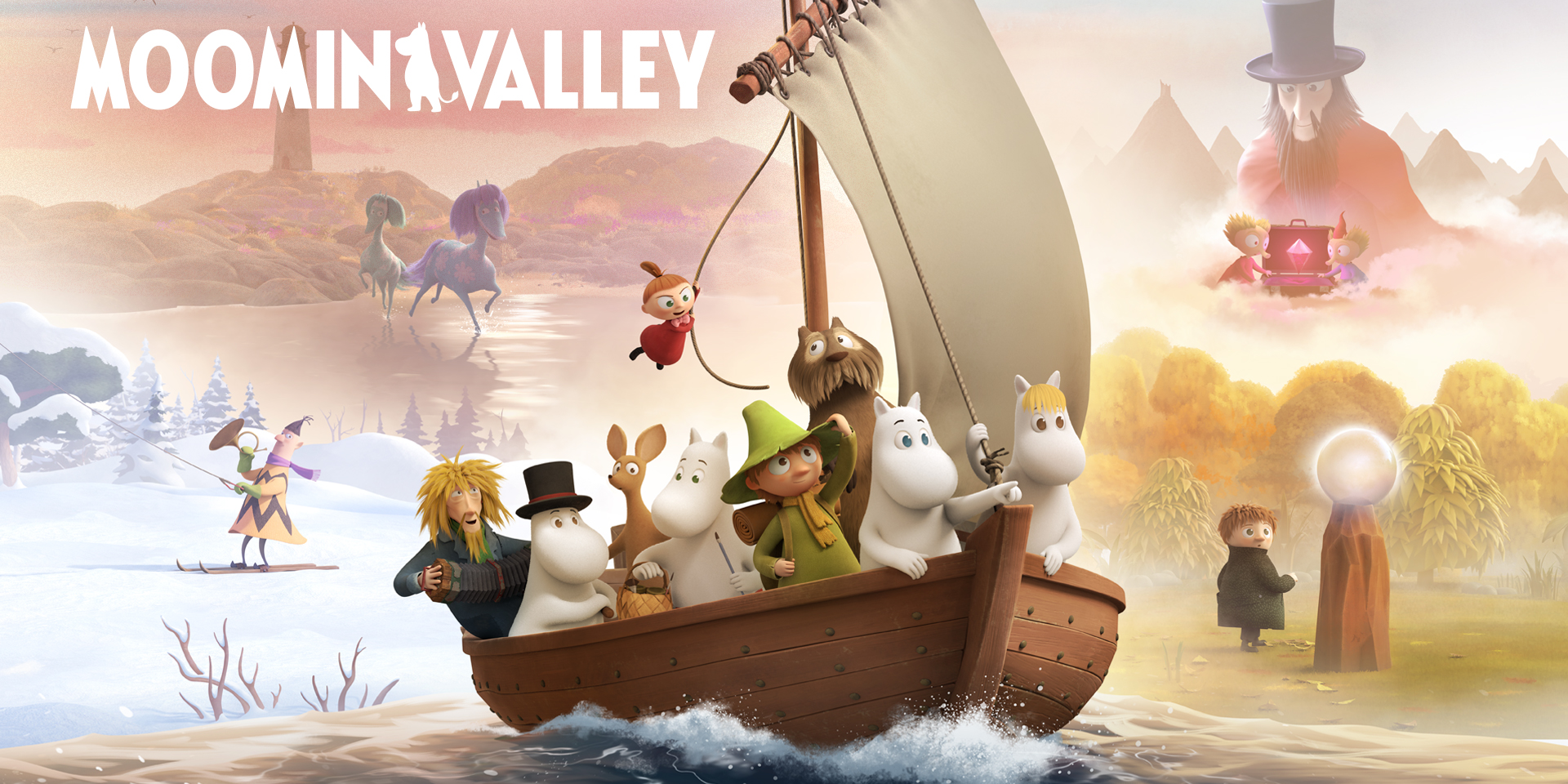
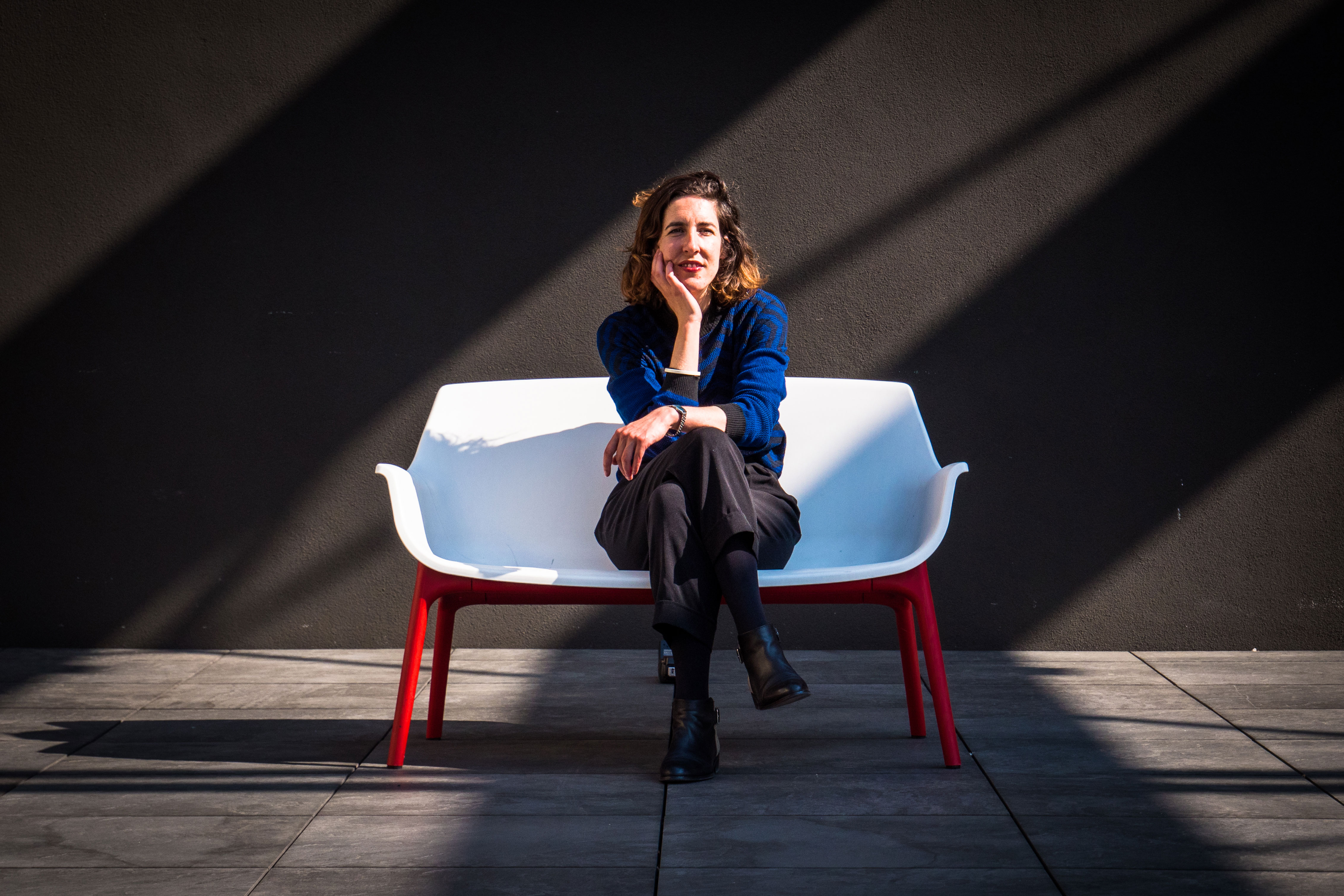
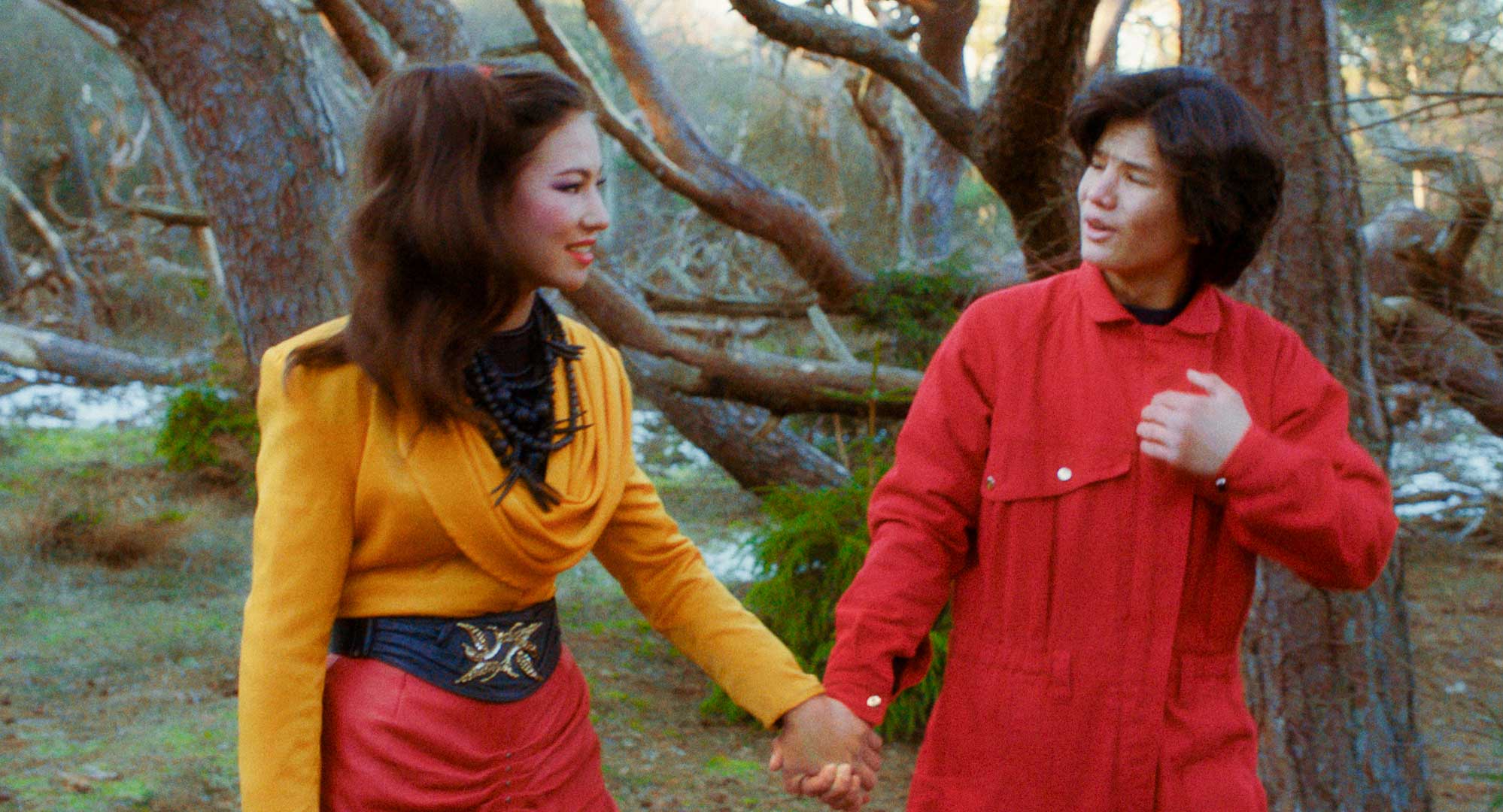

Comentarios recientes